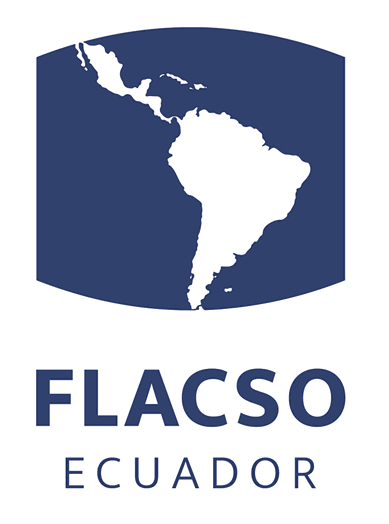Por favor, use este identificador para citar o enlazar este ítem:
http://hdl.handle.net/10469/15812Registro completo de metadatos
| Campo DC | Valor | Lengua/Idioma |
|---|---|---|
| dc.creator | Borja, Karina | - |
| dc.creator | Ríos, Renato | - |
| dc.date | 2018-10 | - |
| dc.date.accessioned | 2019-11-18T13:54:19Z | - |
| dc.date.available | 2019-11-18T13:54:19Z | - |
| dc.identifier.citation | Borja, Karina y Renato Ríos. 2018. El laboratorio de los paisajes vivos. Facultad de Arquitectura, Diseño y Artes de la Pontificia Universidad Católica del Ecuador (FADA-PUCE) o The Laboratory Of Living Landscapes. Architecture, Design And Arts College Of The Pontifical Catholic University Of Ecuador (FADA-PUCE). Revista Interuniversitaria de Estudios Urbanos de Ecuador, 04: 35-46. | es_ES |
| dc.identifier.issn | 2588-0985 | - |
| dc.identifier.uri | http://hdl.handle.net/10469/15812 | - |
| dc.description | El Laboratorio de los Paisajes Vivos es un espacio de acción-reflexión de la Facultad de Arquitectura de la Pontificia Universidad Católica del Ecuador que integra docencia-investigación-vinculación con las comunidades desde el 2013. En un trabajo directo y participativo con poblaciones vulnerables desde el laboratorio se pretende potenciar la igualdad de derechos, el reconocimiento de su diversidad y el respeto a sus riquezas naturales y culturales. Para ello trabajamos en relacionar lo teórico y lo fáctico, lo político y la práctica tomando como fundamentos tres pilares conceptuales: complejidad, interculturalidad e interdisciplinariedad. Esta propuesta se basa en dos investigaciones previas en las cuales se plantea unas bases teóricas y metodológicas encaminadas a enfrentar las problemáticas de las comunidades desde la óptica de los paisajes vivos. | es_ES |
| dc.description | The Living Landscapes Laboratory is a space for action-reflection of the Architecture Collage of the Pontificia Universidad Católica del Ecuador that integrates teaching-research-links with communities since 2013. In a direct and participatory work with vulnerable populations, the aim of laboratory is to promote equality of rights, recognition of their diversity and respect for their natural and cultural riches. To do this, we work to relate the theoretical and the factual, the political and the practical, based on three conceptual pillars: complexity, interculturality and interdisciplinarity. This proposal is based on two previous investigations in which a theoretical and methodological basis is proposed aimed at addressing the problems of communities from the perspective of living landscapes. | es_ES |
| dc.format | p. 35-46 | es_ES |
| dc.language | spa | es_ES |
| dc.publisher | Quito, Ecuador : Flacso Ecuador | es_ES |
| dc.rights | openAccess | es_ES |
| dc.rights | Atribución-NoComercial-SinDerivadas 3.0 Ecuador | * |
| dc.rights.uri | http://creativecommons.org/licenses/by-nc-nd/3.0/ec/ | * |
| dc.subject | PAISAJES VIVOS | es_ES |
| dc.subject | TRABAJO PARTICIPATIVO | es_ES |
| dc.subject | COMUNIDADES VULNERABLES | es_ES |
| dc.title | El laboratorio de los paisajes vivos. Facultad de Arquitectura, Diseño y Artes de la Pontificia Universidad Católica del Ecuador (FADA-PUCE) | es_ES |
| dc.title.alternative | The Laboratory Of Living Landscapes. Architecture, Design And Arts College Of The Pontifical Catholic University Of Ecuador (FADA-PUCE) | es_ES |
| dc.type | article | es_ES |
| dc.tipo.spa | Artículo | es_ES |
| Aparece en las colecciones: | Revista Civitic No. 04, oct. 2018 | |
Archivos en este ítem:
| Archivo | Descripción | Tamaño | Formato | |
|---|---|---|---|---|
| REXTN-Ci4-05-Rios.pdf | Artículo - revista | 306,83 kB | Adobe PDF |  Visualizar/Abrir |
Este ítem está sujeto a una licencia Attribution NonComercial ShareAlike (CC BY-NC-SA 4.0)
Licencia Creative Commons



